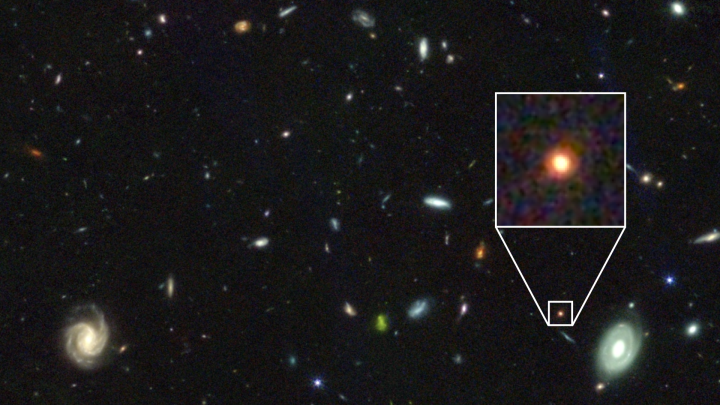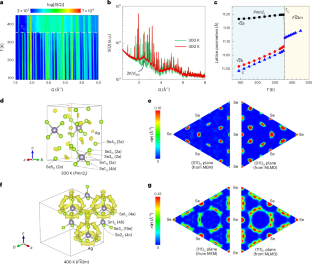2023-05-22 コロンビア大学

◆この成功した気候条約は、数十年以内に測定可能な結果をもたらしている。モントリオール議定書の実施により、人類の気候変動への貢献を示す北極海の氷の急速な融解が遅延している。
<関連情報>
- https://www.engineering.columbia.edu/news/montreal-protocol-is-delaying-first-ice-free-arctic-summer
- https://www.pnas.org/doi/abs/10.1073/pnas.2211432120
モントリオール議定書が北極圏で初めて氷のない夏の到来を遅らせている The Montreal Protocol is delaying the occurrence of the first ice-free Arctic summer
Mark R. England and Lorenzo M. Polvani
Proceedings of the National Academy of Sciences Published:May 22, 2023
DOI:https://doi.org/10.1073/pnas.2211432120
Significance
Designed to protect the ozone layer after the discovery of the ozone hole over Antarctica, the Montreal Protocol was signed in 1987 and entered into effect in 1989, when little was known as to the effect of its implementation on the global climate. Since then, it has become clear that the Montreal Protocol is an important mitigation treaty, affecting many aspects of the global climate. Here, we demonstrate that its effect reaches all the way into the Arctic. Specifically, we show that the implementation of the Montreal Protocol has postponed the occurrence of the first ice-free Arctic by as much as 15 y, depending on the details of future emissions.
Abstract
The rapid melting of Arctic sea ice is the largest and clearest signal of anthropogenic climate change. Current projections indicate that the first ice-free Arctic summer will likely occur by mid-century, owing to increasing carbon dioxide concentrations in the atmosphere. However, other powerful greenhouse gases have also contributed to Arctic sea ice loss, notably ozone-depleting substances (ODSs). In the late 1980s, ODSs became strictly regulated by the Montreal Protocol, and their atmospheric concentrations have been declining since the mid-1990s. Here, analyzing new climate model simulations, we demonstrate that the Montreal Protocol, designed to protect the ozone layer, is delaying the first appearance of an ice-free Arctic summer, by up to 15 y, depending on future emissions. We also show that this important climate mitigation stems entirely from the reduced greenhouse gas warming from the regulated ODSs, with the avoided stratospheric ozone losses playing no role. Finally, we estimate that each Gg of averted ODS emissions results in approximately 7 km2 of avoided Arctic sea ice loss.



